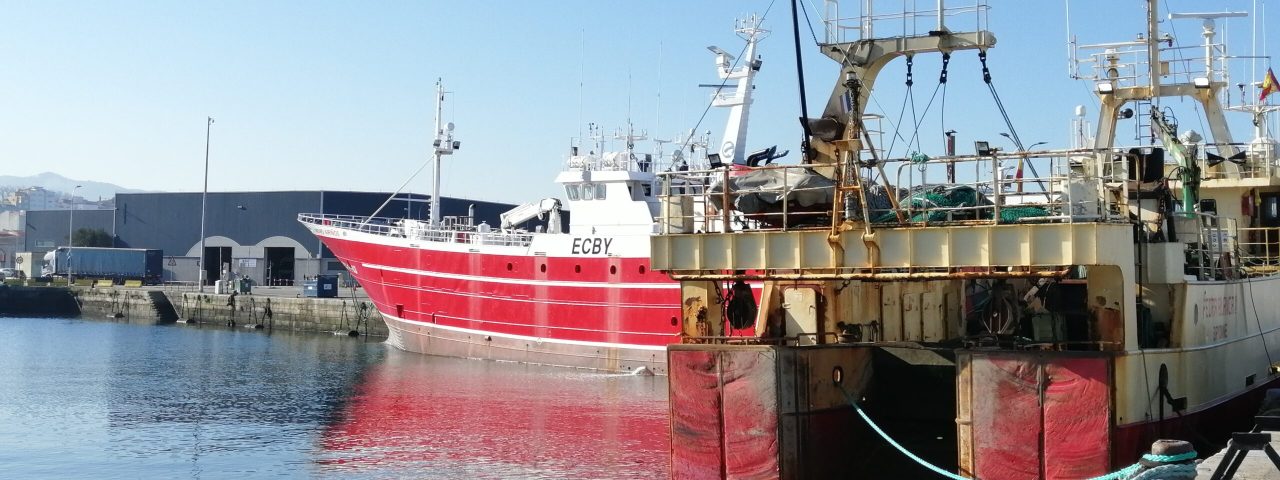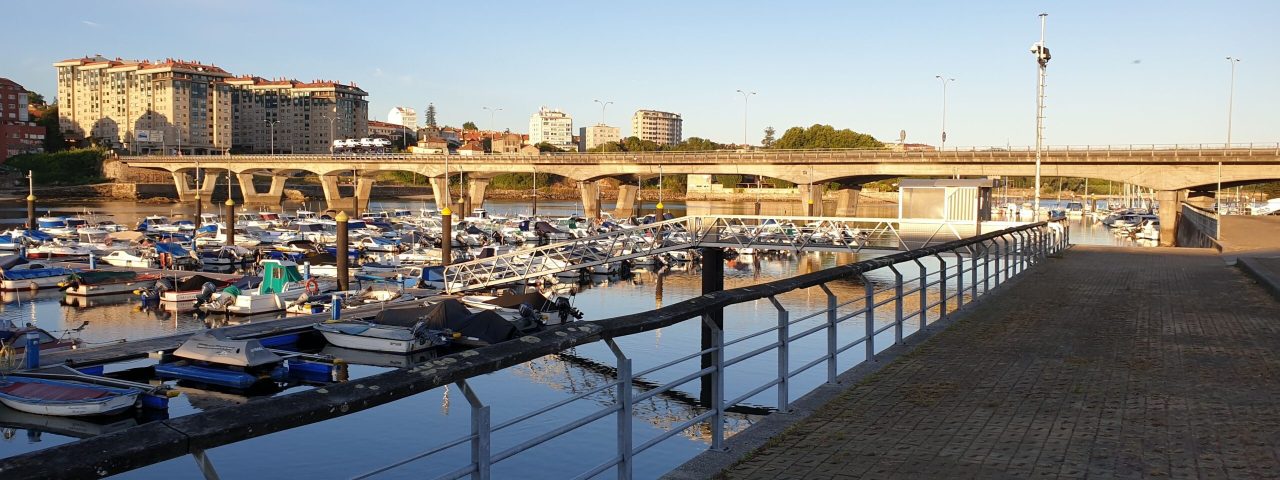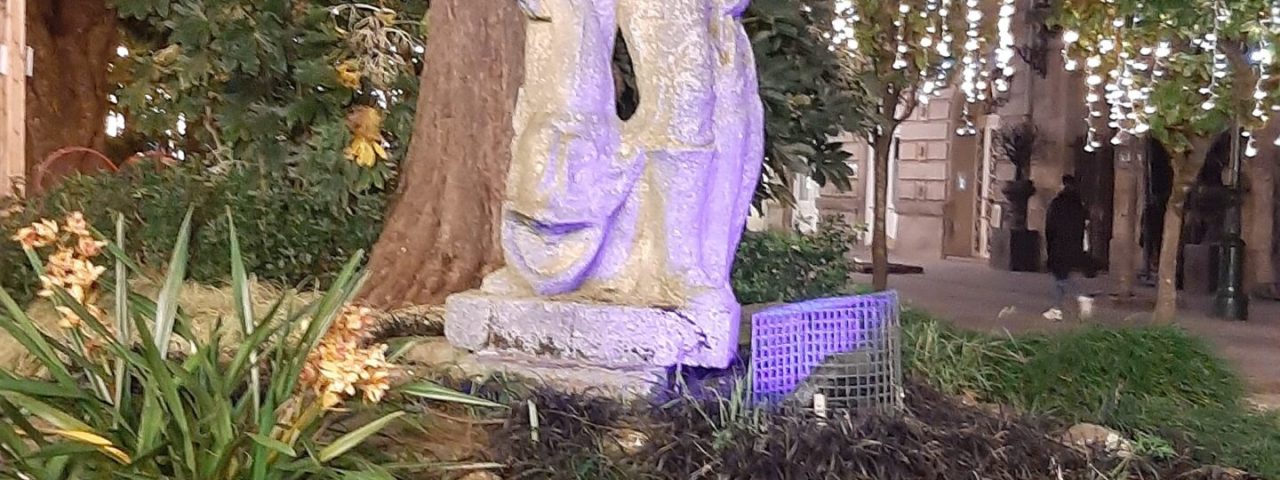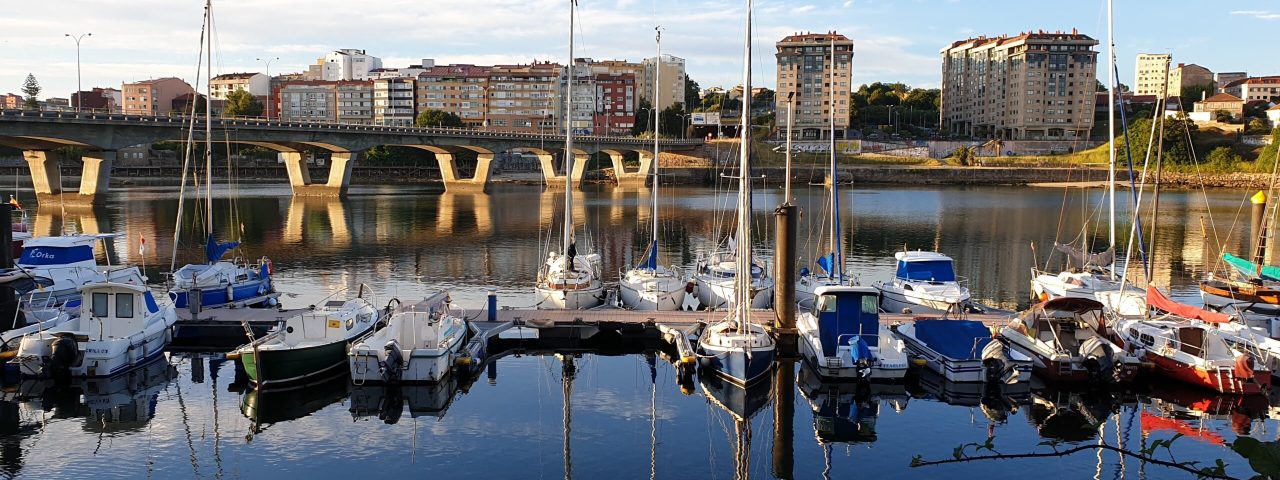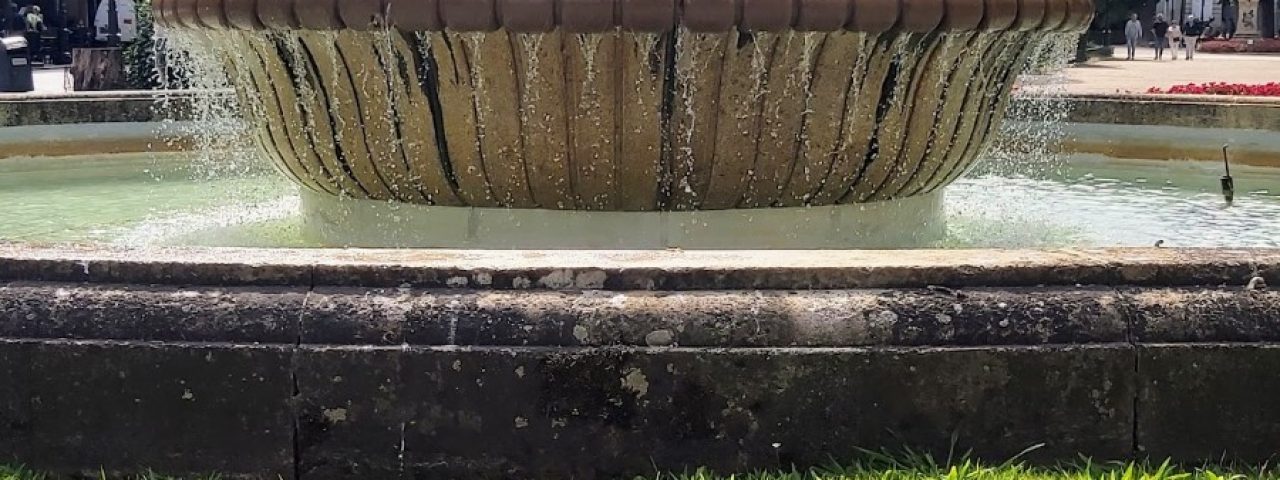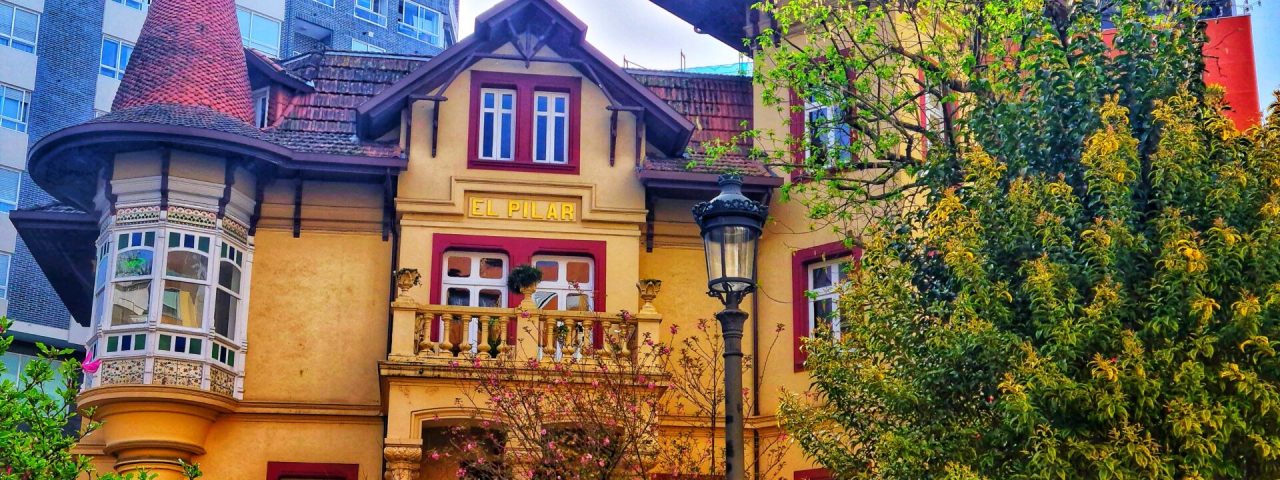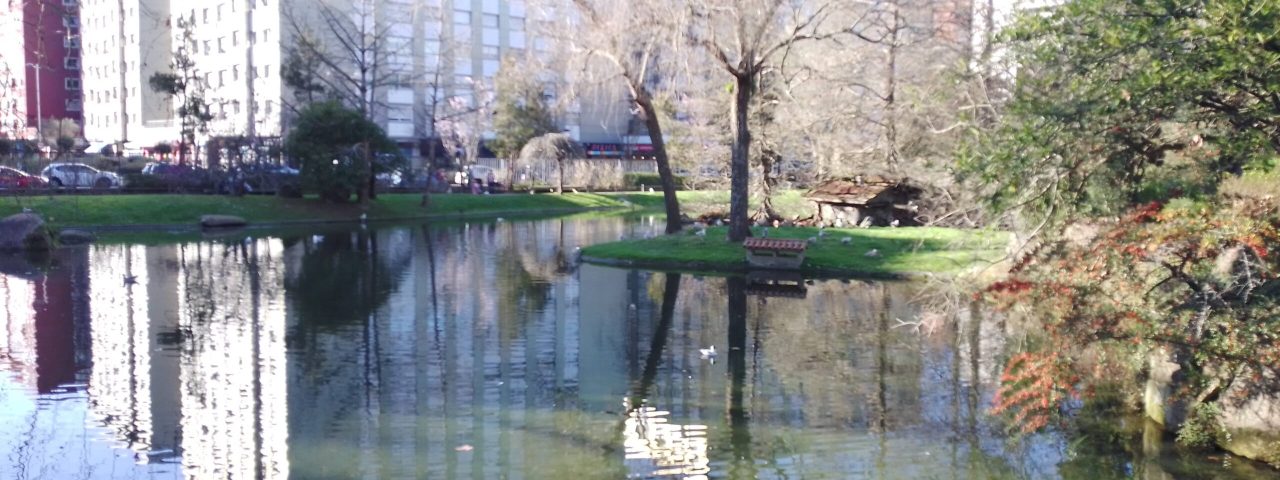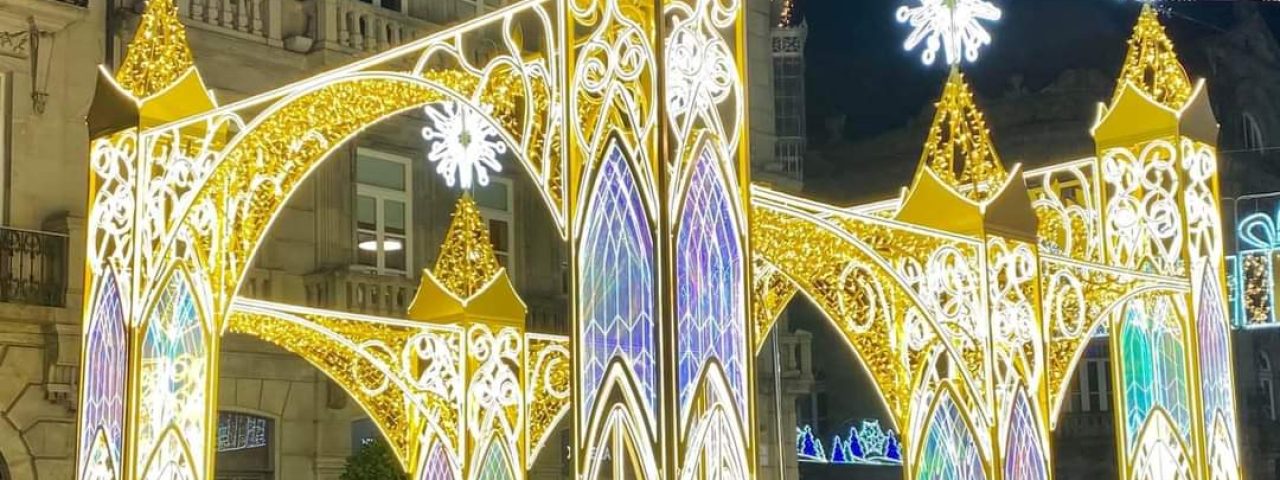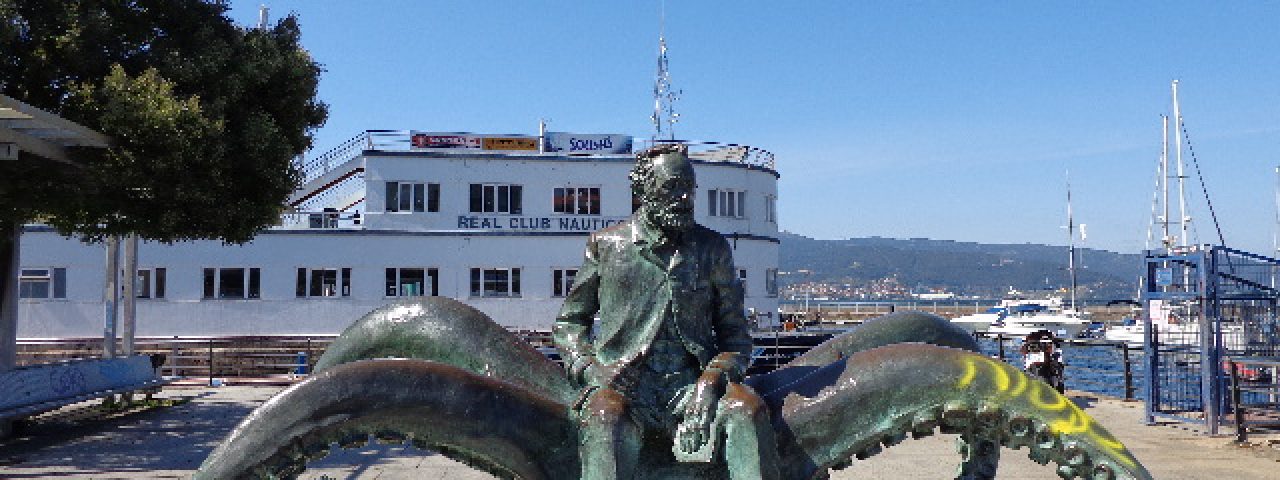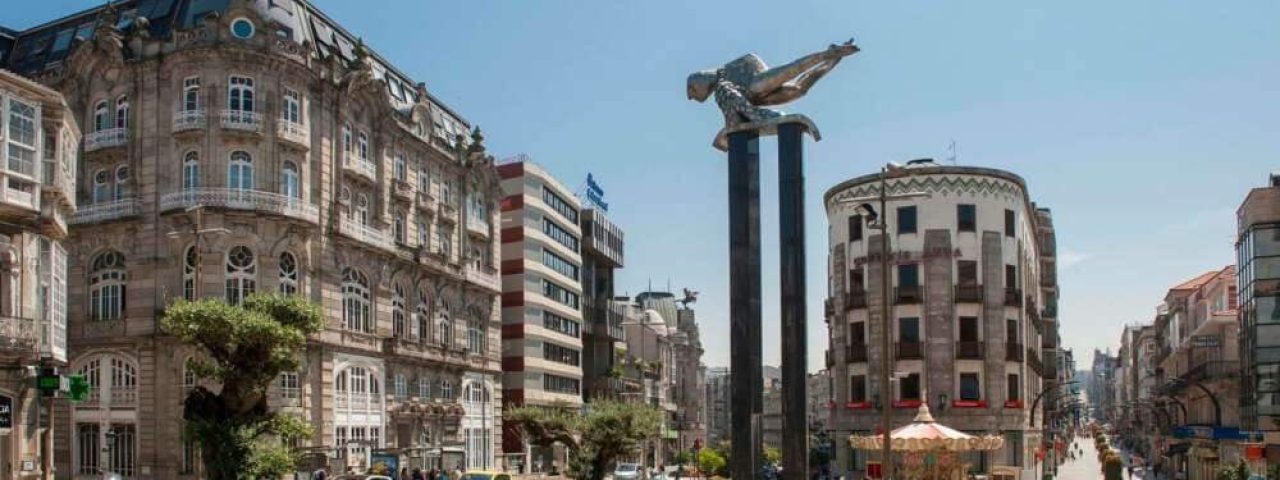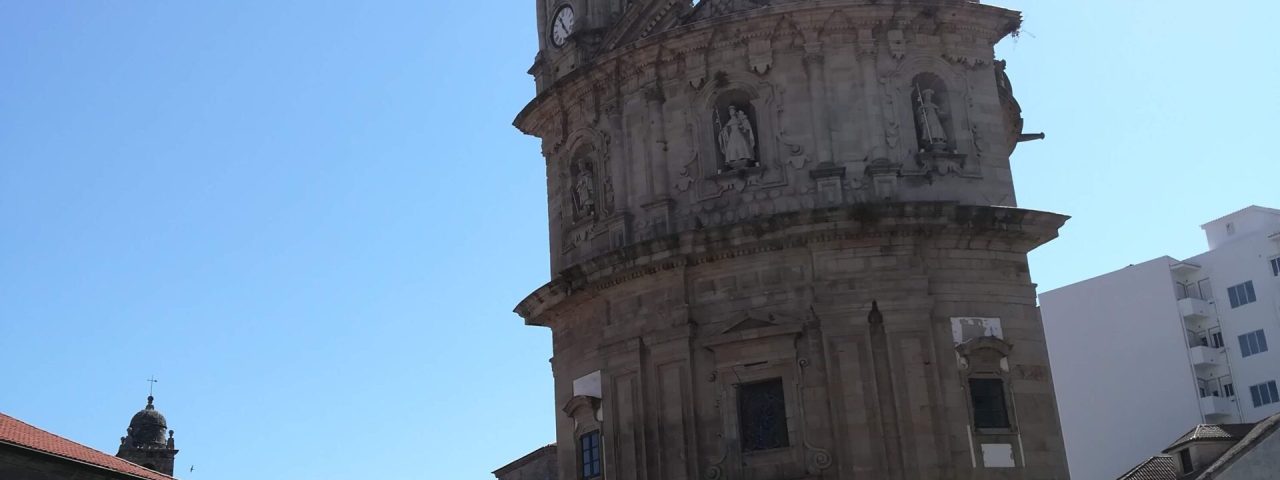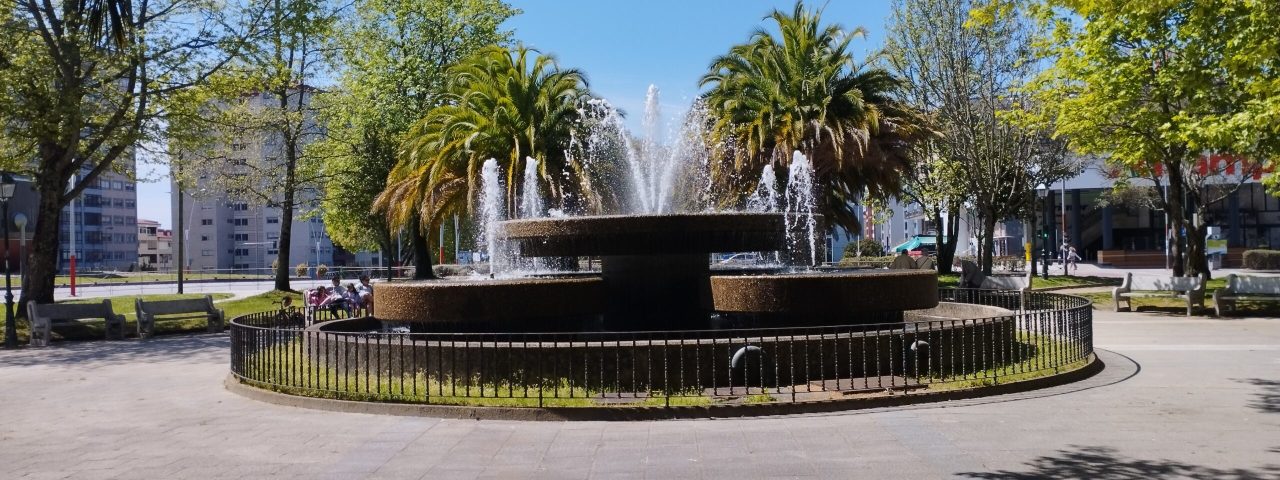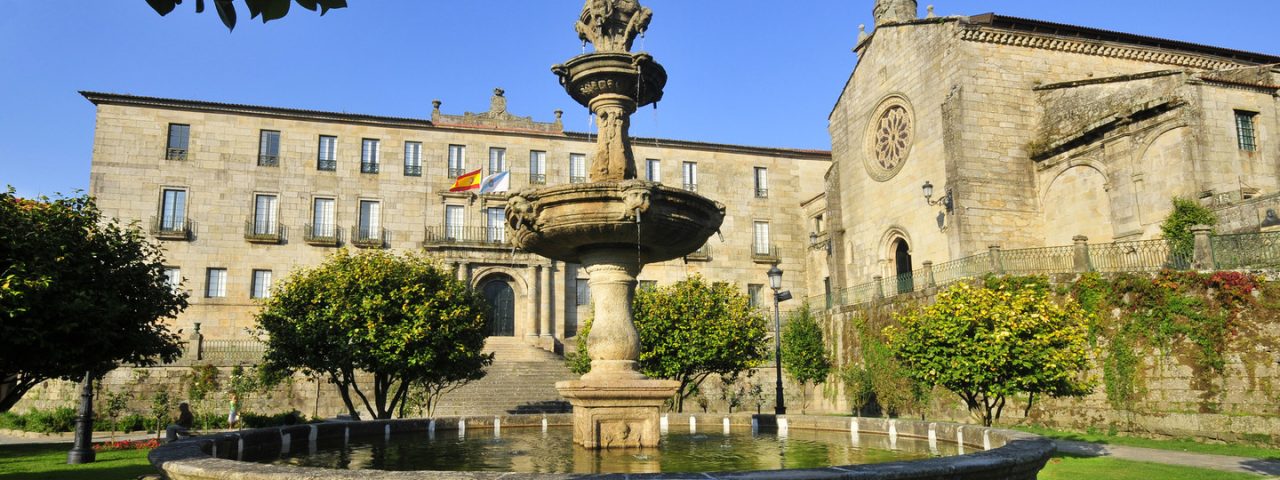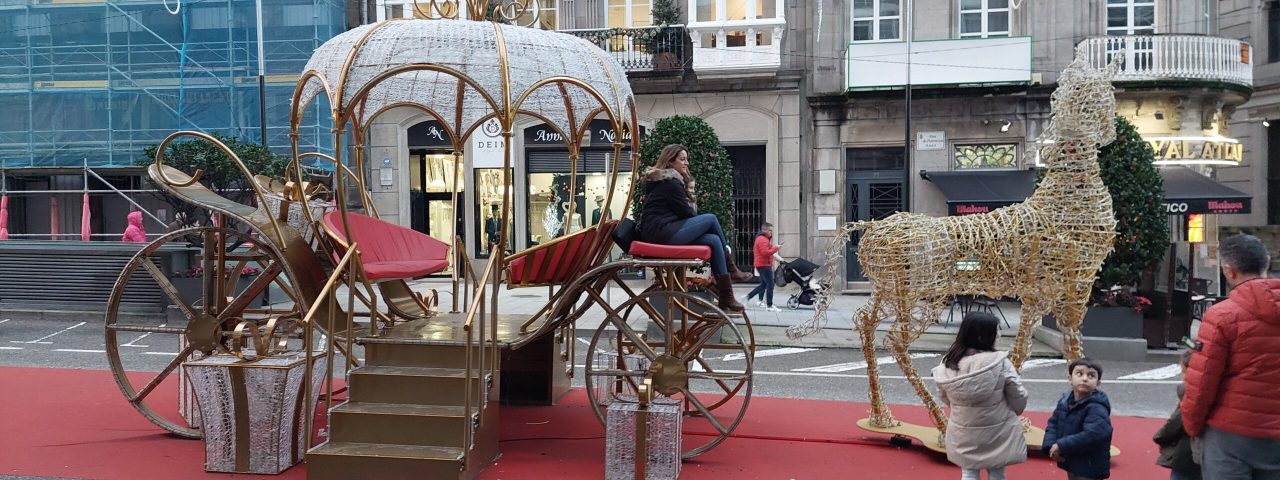Vigo’s history dates back to Roman times when it was known as “Vicus,” a small settlement that thrived due to its strategic location near the Atlantic. Over the centuries, the city grew in importance due to its port and fishing industry. Vigo saw significant development during the Middle Ages and later in the 19th century, when its maritime industry boomed, turning it into the fishing capital of Spain. The city has also been shaped by its resistance to pirate attacks and foreign invasions, most notably the Battle of Rande in 1702, during the War of the Spanish Succession.
Culturally, Vigo is a hub of Galician traditions, with a strong connection to its Celtic roots, evident in its music, dances, and festivals. The Festa da Reconquista (Festival of the Reconquest) is one of the city’s most notable events, celebrating the expulsion of Napoleonic troops in 1809 with lively reenactments, parades, and traditional markets. Another major festival is the Vigo Sea Fest, which showcases the city’s maritime heritage and celebrates its world-famous seafood.
The Galician language is widely spoken alongside Spanish, and the city is deeply connected to its regional identity, with traditional Galician music and dances, such as the muñeira, playing an important role in local celebrations.
